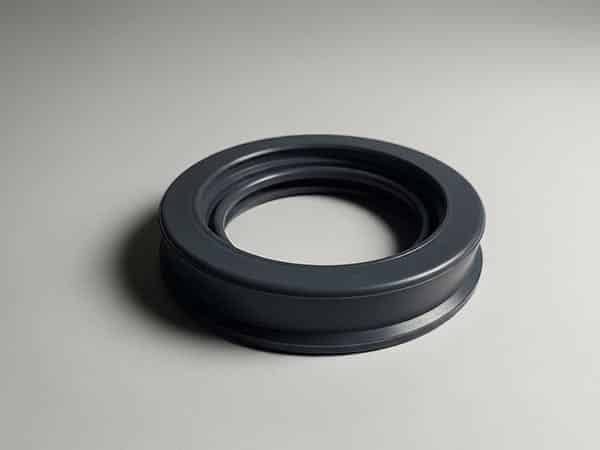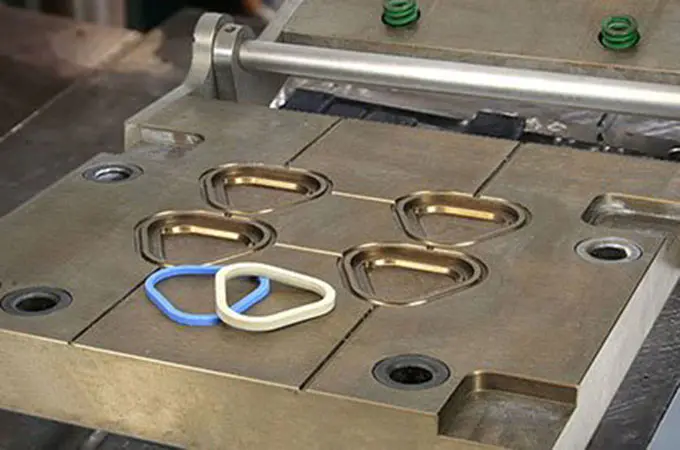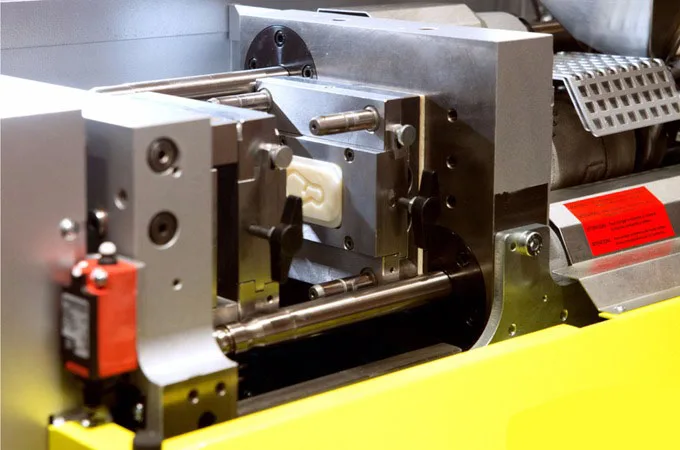Home » Elastomer & Rubber » TPV

TPV
Material Type
Rubber
Material Full Name
Thermoplastic Vulcanizate
Process Compatibility
Compression Molding, Injection Molding, Extrusion Molding,
TPV Bonding Plastic, TPV Bonding Metal
Elastomer & Rubber Material
List of Plastic Material
List of Metal Material
Custom TPV Molding Solution
Start A New Project Right Now!
TPV Description
Price
Strength
Weakness
Lower tensile strength compared to rigid plastics, limited high-temperature performance
Common Application
Automotive seals, flexible tubing, overmolding, and electrical insulation
TPV Properties
| Property | Metric | English |
|---|---|---|
| Density | 0.89 – 1.15 g/cm³ | 0.032 – 0.0416 lb/in³ |
| Shore Hardness D | 30 – 90 | 30 – 90 |
| Tensile Strength | 10 – 35 MPa | 1450 – 5075 psi |
| Elongation at Break | 200% – 700% | 200% – 700% |
| Min Temp. | -40 °C | -40 °F |
| Max Temp. | 150 °C | 302 °F |
*Please Note: Material properties are for reference only and may vary by brand.
How Additives Improve TPV Properties?
When Custom TPV parts, TPV (Thermoplastic Vulcanizate) inherently offers great flexibility and durability. To further enhance its performance for specific applications, various additives are incorporated.
- Heat Stabilizers: Increase thermal stability during processing and use.
- UV Stabilizers: Protect against degradation from sunlight exposure.
- Flame Retardants: Enhance fire resistance for safety-critical parts.
- Plasticizers: Improve flexibility and softness.
- Antioxidants: Prevent oxidation, extending material lifespan.
- Fillers: Modify mechanical strength and reduce cost.
Get Custom TPV Molding with Zhongde
FAQs of TPV Materials
What makes TPV different from traditional rubber materials?
TPV combines the elasticity of vulcanized rubber with the ease of processing and recyclability of thermoplastics, offering both flexibility and efficient manufacturing.
Can TPV parts be used outdoors?
Yes, TPVs have good weather and UV resistance, making them suitable for many outdoor applications without significant degradation.
Is TPV easy to process in manufacturing?
It is easy to fill the form.
Better Quality, Faster Delivery
Upload your design drawing and all uploads are secure and confidential!


